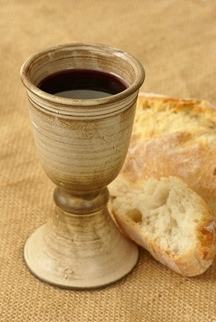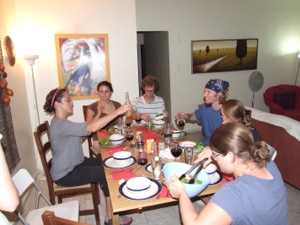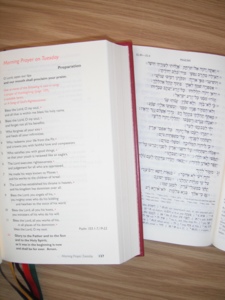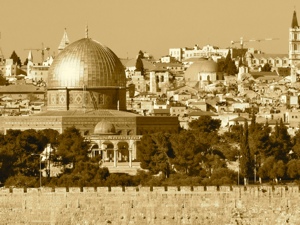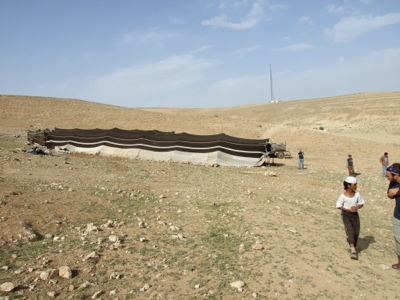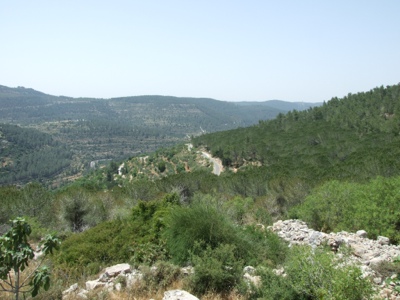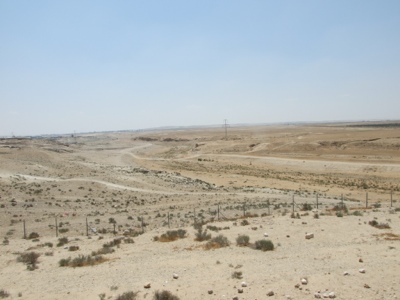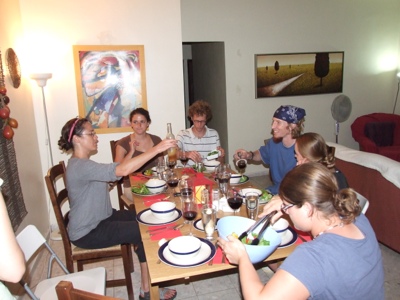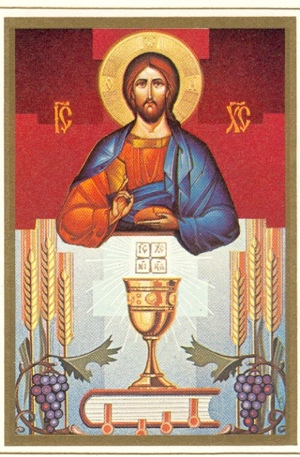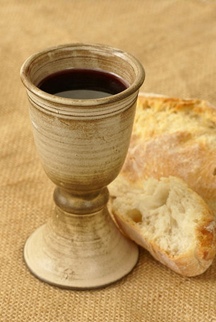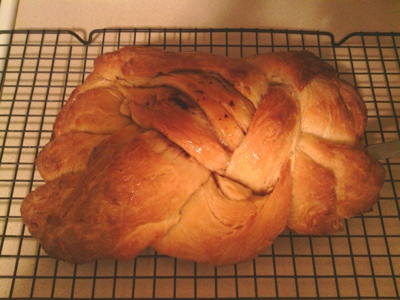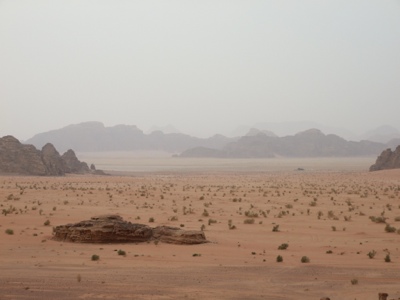(Some mostly coherent thoughts on covenantal dining follow.)
I am always fascinated by the indelible connection between food and relationship. When you want to get to know someone, you almost always do it over some sort of food: go out for coffee, eat lunch, go on a dinner date, etc.
Food is central to life. Relationships are the sharing of life. It is natural that food and meals would acquire deep symbolic meaning. When you share food, you are literally sharing Life itself. Humanity has long thought like this.
In biblical terms, you would be ‘cutting a covenant’ because you would literally be cutting up animals. You would be taking the life of the animal (or plant, if you wish), and offering it to one another to establish and new relationship, a new life status.
I, personally, find strong resonances in covenantal meals with the biblical ‘peace offerings’. Peace offerings did not atone for any sin. They appear to either 1) give thanks to God, 2) confirm a vow, or 3) be simply a freewill offering, no compulsion necessary. In each of these cases, making or confirming relationship is at the centre. As a result, I tend to look at ‘shared meals’, even the good and venerable Sunday pot-luck dinner as a form of ‘peace offering’.
On Friday nights, at JUC, the students celebrate the beginning of Shabbat (which ironically they don’t keep due to field studies…) with a large, communal meal. The symbolic elements of bread and the fruit of the vine are shared. Then the meal itself is taken together. This past Friday night, I challenged the students to view Shabbat Dinner as their act of recommitting to the relationship of peace that they have, one with another, in the Christ. It is a peace offering. A re-cutting of the covenant, if you will. It is people sharing life with one another.
And now, it is Sunday. Today, I will take Eucharist at church. Likewise, I view Eucharist as a sort of ‘peace offering’. It is a meal wherein I remember (anamnesis) that I am in a relationship of peace with God himself. In this meal, we ‘reaffirm’ our covenant and I am reminded of my convenantal vows and obligations to my King. In it, I share Life with God, the Life of Christ. I eat of the Bread of Heaven, the Body of Christ. I drink of the Fruit of the True Vine, the Blood of Christ.
It is a beautiful thing to have one’s weekends bookmarked with reminders that there is peace: with Humanity and with God. It is faith strengthening to start the week reminded of the Covenant of Peace with God. It is reassuring to finish the week at Peace with Humanity.
Kavod.

